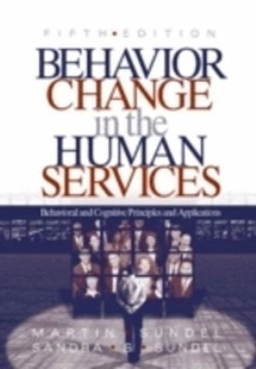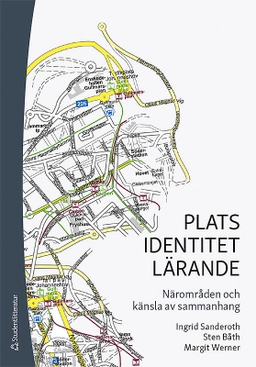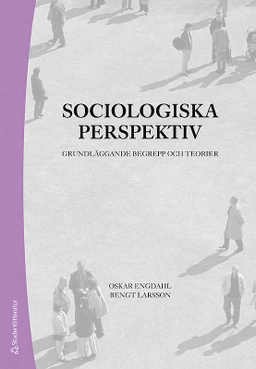Sociology, Work and Organisation builds on the five popular and successful editions of Sociology, Work and Industry. The new text is outstanding in how effectively it explains the value of using the sociological imagination to understand the nature of institutions of work, organisations, occupations, management and employment and how they are changing in the 21st century.
The book combines intellectual depth with accessible language and a user-friendly layout. It is unrivalled in the breadth of its coverage and its authoritative overview of both traditional and emergent themes in the sociological study of work and organisation. It explains the basic logic of the sociological analysis of work and the way work is organised, whilst also providing an appreciation of the different theoretical traditions which the subject draws upon. It fully considers:
the direction and implication of trends in technological change, globalisation, labour markets, work organisation, managerial practices and employment relations
the extent to which these trends are intimately related to changing patterns of inequality in modern societies and to the changing experiences of individuals and families
the ways in which workers challenge, resist and make their own contributions to the patterning of work and shaping of work institutions. Key features include: a new sign-posting system which integrates material and brings out themes which run through the various chapters; `key issue’ guides and summaries with each chapter; and the identifying of key concepts throughout the book, which are then brought together in an unrivalled glossary and concept guide at the end.
Åtkomstkoder och digitalt tilläggsmaterial garanteras inte med begagnade böcker





















